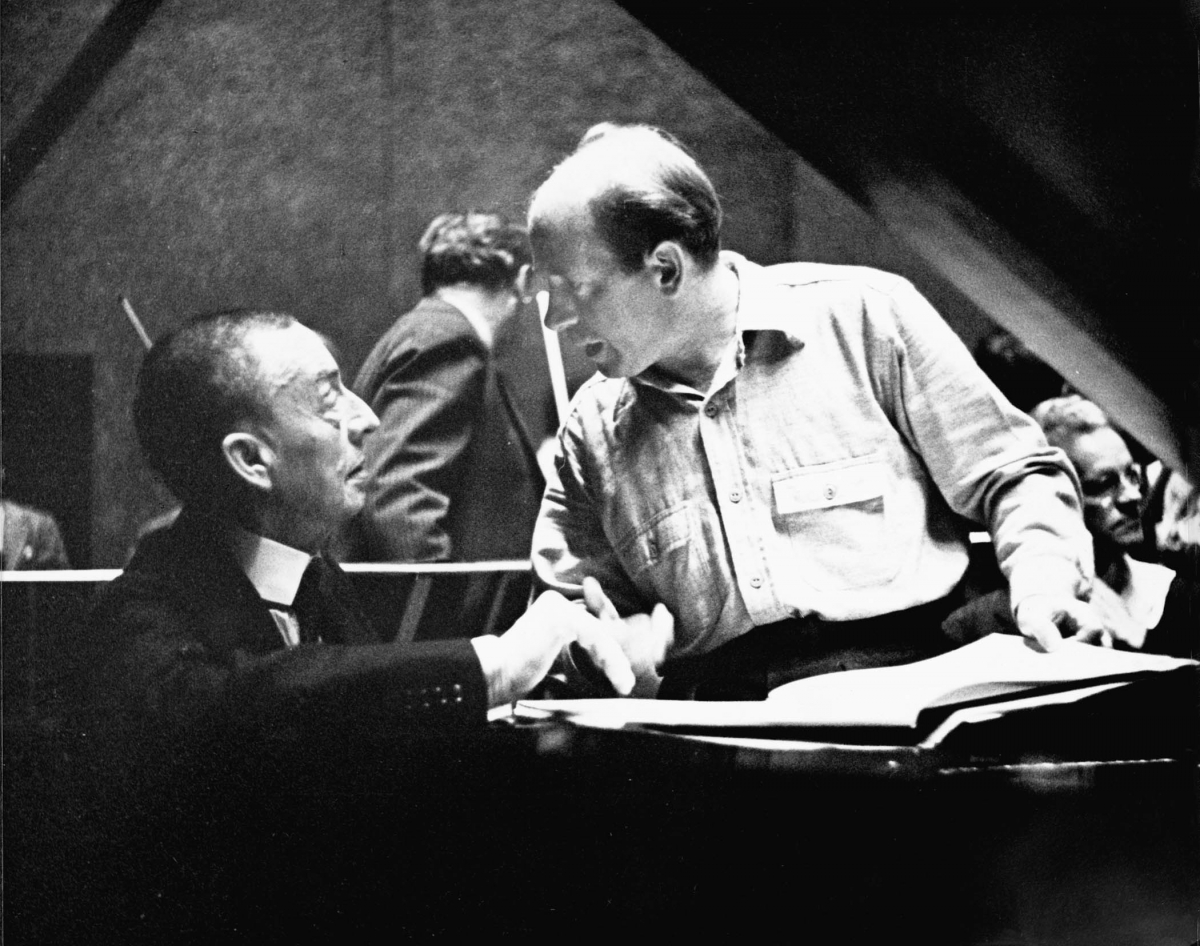Leonard Rose: Five Great Recordings
Today marks the 100th anniversary of the birth of Leonard Rose (1918-1984), one of the greatest cellists of the twentieth century. Born in Washington, D.C. into a family of Ukrainian immigrants, Rose joined Arturo Toscanini’s NBC Symphony Orchestra as associate principal cellist at the age of 20. At 21 he became principal cellist of the Cleveland Orchestra. In 1943, at age 26, he accepted the same position with the New York Philharmonic. In 1951 …





